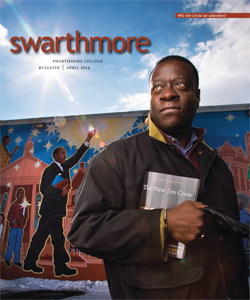
This year — 2023 — marks 50 years of mass incarceration in the United States. This course/seminar examines why we have become a vastly more punitive society. At the peak of “the incarceration boom,” in 2010, just over 2.3 million Americans were held in jails and prisons. Today, that number has declined to slightly to 1.8 million (2021).
What is the history underlying all of the United States’ use of incarceration as a response to poverty and crime? What explains the prevalence and unequal distribution of criminal justice contact across race, class, gender, and zip codes?” How is it that so many Americans are either locked up behind bars or under the supervision of the criminal legal system? And where did the idea of using jails and prisons as instruments of social and crime control come from? Meanwhile, What does it mean to be poor, a woman of color — and in “jail” or “prison?” What is this impact on children, families, and communities? And importantly, what are the prospects for reform of America’s unique appetite for “locking up its citizens?”
The aim of the seminar is to help you think historically -- and critically -- about the unprecedented rates of mass incarceration in the United States, more broadly, and Philadelphia, specifically. And “to think historically is to recognize that all problems, all situations, all institutions exist in contexts that must be understood before informed decisions can be made.”
What is the history underlying all of the United States’ use of incarceration as a response to poverty and crime? What explains the prevalence and unequal distribution of criminal justice contact across race, class, gender, and zip codes?” How is it that so many Americans are either locked up behind bars or under the supervision of the criminal legal system? And where did the idea of using jails and prisons as instruments of social and crime control come from? Meanwhile, What does it mean to be poor, a woman of color — and in “jail” or “prison?” What is this impact on children, families, and communities? And importantly, what are the prospects for reform of America’s unique appetite for “locking up its citizens?”
The aim of the seminar is to help you think historically -- and critically -- about the unprecedented rates of mass incarceration in the United States, more broadly, and Philadelphia, specifically. And “to think historically is to recognize that all problems, all situations, all institutions exist in contexts that must be understood before informed decisions can be made.”
- Teacher: Keith Reeves
